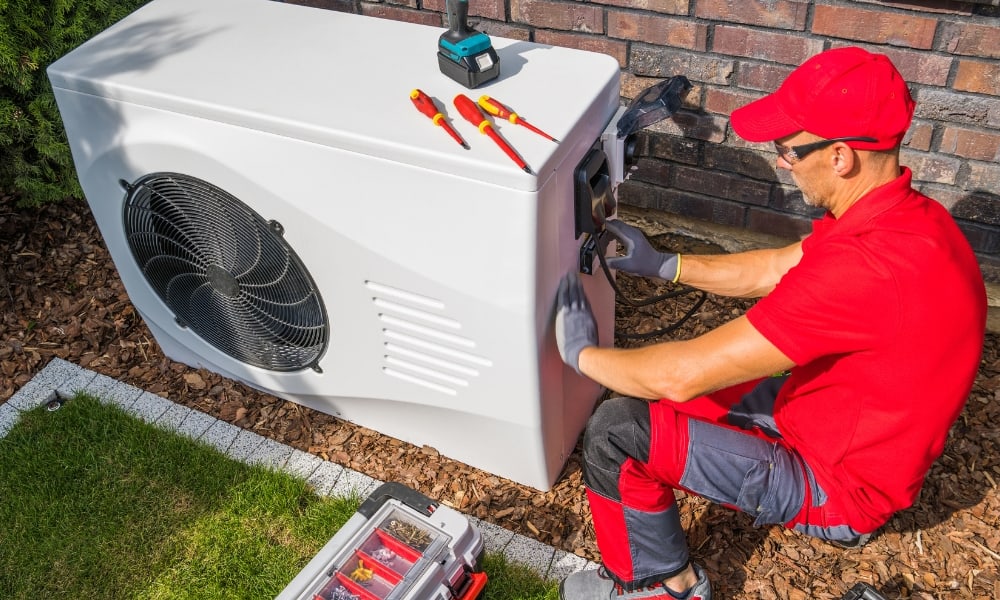Understanding Air Conditioning: Your Complete Guide to Cooling Solutions
Air conditioning has become an essential comfort technology in modern homes and businesses, transforming how we experience indoor environments. From residential spaces to commercial buildings, these systems provide critical temperature control, improving quality of life and productivity across various settings. Understanding the nuanced world of air conditioning can help you make informed decisions about cooling solutions that best suit your specific needs.

What is a Chiller System in Air Conditioning?
A chiller system represents a sophisticated approach to large-scale cooling, typically used in commercial and industrial applications. These systems work by removing heat from a liquid through a vapor-compression or absorption refrigeration cycle. Chiller systems are particularly effective for cooling large spaces like office buildings, hospitals, and manufacturing facilities, providing consistent and efficient temperature management.
Exploring Refrigeration System Fundamentals
Refrigeration systems form the core technology behind air conditioning. These systems operate on a fundamental principle of heat transfer, using a refrigerant to absorb heat from indoor spaces and expel it outside. The process involves four key components: compressor, condenser, expansion valve, and evaporator. Each plays a crucial role in the cooling cycle, ensuring efficient temperature reduction and humidity control.
Split System Air Conditioner Vs Heat Pump: Understanding the Differences
Split system air conditioners and heat pumps offer distinct cooling and heating solutions. While split systems traditionally focus on cooling, heat pumps provide both cooling and heating capabilities. Split systems typically consist of indoor and outdoor units connected by refrigerant lines, offering flexible installation and zone-specific cooling. Heat pumps, in contrast, can reverse their refrigeration cycle to provide warmth during colder months, making them a more versatile year-round solution.
HVAC Service Call: When and Why You Might Need Professional Assistance
Regular HVAC service calls are critical for maintaining your air conditioning system’s efficiency and longevity. Professional technicians can diagnose potential issues, perform routine maintenance, and ensure optimal performance. Typical service calls might include comprehensive system inspections, refrigerant level checks, electrical connection evaluations, and cleaning of critical components.
Comparative Analysis of Air Conditioning Solutions
| System Type | Best For | Average Installation Cost | Energy Efficiency |
|---|---|---|---|
| Central AC | Whole House | $3,500 - $7,500 | Moderate |
| Split System | Individual Rooms | $1,500 - $4,000 | High |
| Heat Pump | Year-Round Climate Control | $4,000 - $8,000 | Very High |
| Chiller System | Large Commercial Spaces | $10,000 - $50,000 | High |
Prices, rates, or cost estimates mentioned in this article are based on the latest available information but may change over time. Independent research is advised before making financial decisions.
Choosing the Right Air Conditioning System
Selecting the appropriate air conditioning system depends on multiple factors, including space size, climate, budget, and specific cooling requirements. Consider consulting with HVAC professionals who can provide personalized recommendations based on a comprehensive assessment of your unique needs.
Air conditioning technology continues to evolve, offering increasingly efficient and environmentally friendly solutions. By understanding the various system types and their respective benefits, you can make informed decisions that enhance comfort and optimize energy consumption.




